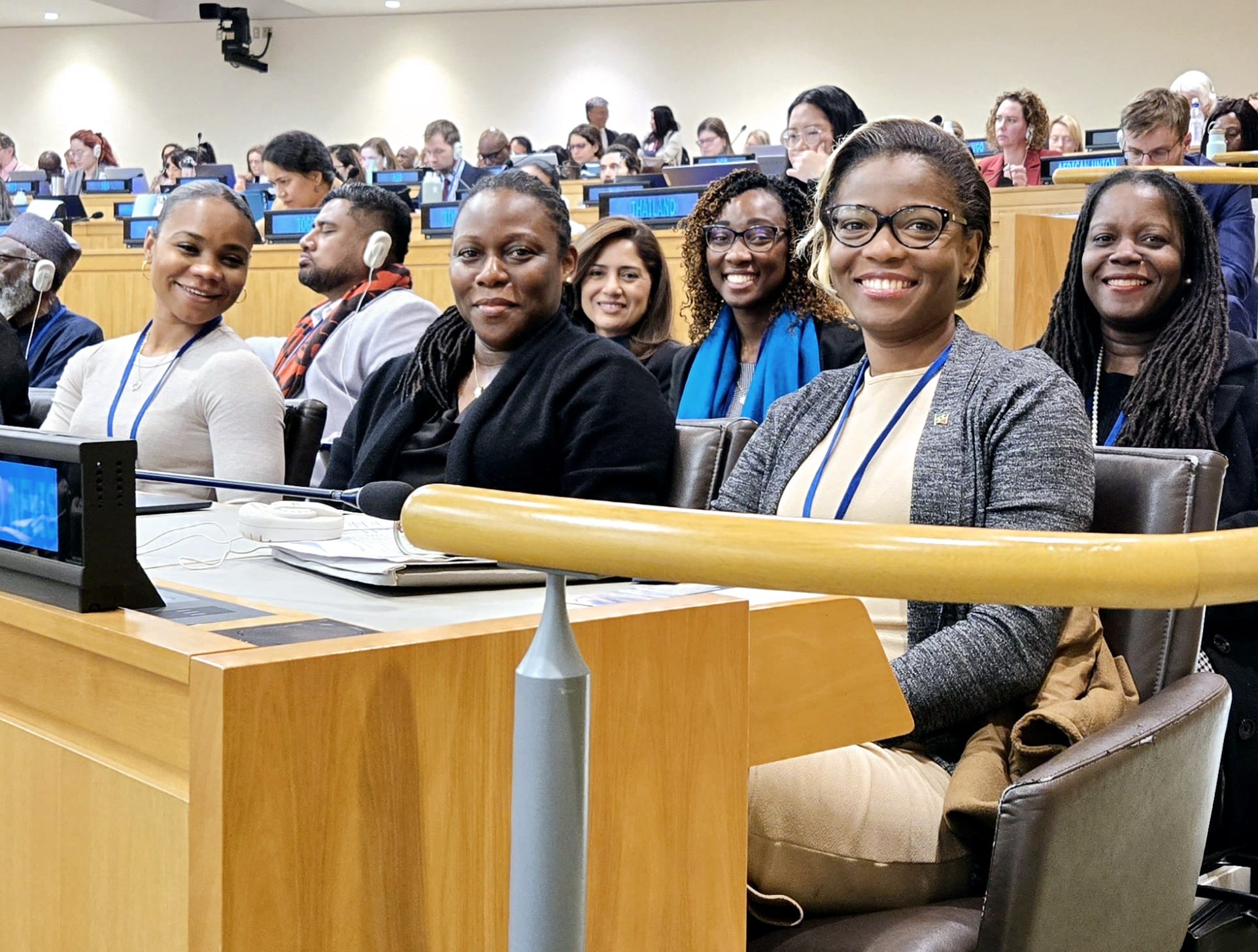Preparatory Commission for the BBNJ Treaty Holds Inaugural Session at UN Headquarters
The inaugural session of the Preparatory Commission for the BBNJ Agreement, held at the UN Headquarters in New York from April 14-25, 2025, marked a crucial step towards the implementation of this landmark agreement aimed at conserving and sustainably using marine biodiversity in areas beyond national jurisdiction. St. Kitts and Nevis, represented by a delegation of experts including its Permanent Representative to the UN, the National BBNJ Focal Point, and a legal expert, actively participated in these discussions. The delegation’s involvement underscores the nation’s commitment to ocean conservation and its recognition of the importance of international cooperation in managing shared marine resources.
The St. Kitts and Nevis delegation joined a broader CARICOM contingent, reflecting the regional bloc’s unified approach to BBNJ negotiations. This collaborative strategy, mandated by the Council for Foreign and Community Relations (COFCOR) in 2016, emphasizes the significance of a collective voice in addressing the complex challenges associated with managing marine biodiversity beyond national borders. A regional preparatory workshop held in Miami prior to the New York session further solidified CARICOM’s position and ensured coordinated engagement during the deliberations. CARICOM’s ongoing technical support throughout the BBNJ process, from which St. Kitts and Nevis has greatly benefited, further strengthens the region’s capacity to effectively contribute to the agreement’s implementation.
The BBNJ Agreement, adopted in June 2023, addresses a critical gap in international law by establishing a legal framework for conserving and sustainably using marine biodiversity in areas beyond national jurisdiction, also known as the high seas. These vast areas, which lie beyond the 200-nautical mile exclusive economic zones of coastal states, represent a significant portion of the ocean and are home to a rich array of marine life. The lack of comprehensive regulation for these areas has posed a challenge to their effective management and conservation. The BBNJ Agreement aims to rectify this by providing a mechanism for international cooperation and regulation, ensuring the long-term health and productivity of these vital ecosystems.
The agreement focuses on four key areas: marine genetic resources, including the sharing of benefits arising from their utilization; area-based management tools, including marine protected areas; environmental impact assessments for activities in areas beyond national jurisdiction; and capacity building and the transfer of marine technology. These components are designed to address the diverse challenges facing the high seas, from the equitable sharing of benefits derived from marine genetic resources to the establishment of protected areas to safeguard vulnerable ecosystems. By establishing clear rules and procedures, the agreement aims to promote responsible use and conservation of marine biodiversity in these shared spaces.
The BBNJ Agreement’s emphasis on conservation and sustainable use acknowledges the intricate relationship between environmental protection and human activities. It recognizes that the long-term health of the ocean is essential for the well-being of present and future generations and that sustainable use of marine resources is crucial for economic development and food security. By establishing a framework for international cooperation and regulation, the agreement seeks to balance these interests, ensuring that human activities in the high seas are conducted in a manner that minimizes environmental impacts and promotes long-term sustainability.
With the opening for signature in September 2023, the BBNJ Agreement is on its way to entering into force. St. Kitts and Nevis, along with other states and regional economic integration organizations, has until September 20, 2025, to sign the agreement, demonstrating its commitment to the principles enshrined within. The agreement will enter into force 120 days after the deposit of the sixteenth instrument of ratification, acceptance, or accession, marking a significant milestone in international ocean governance. St. Kitts and Nevis is actively preparing to ratify the agreement, further solidifying its commitment to the conservation and sustainable use of marine biodiversity in areas beyond national jurisdiction and its role as a responsible steward of the ocean.
Share this content:












Post Comment